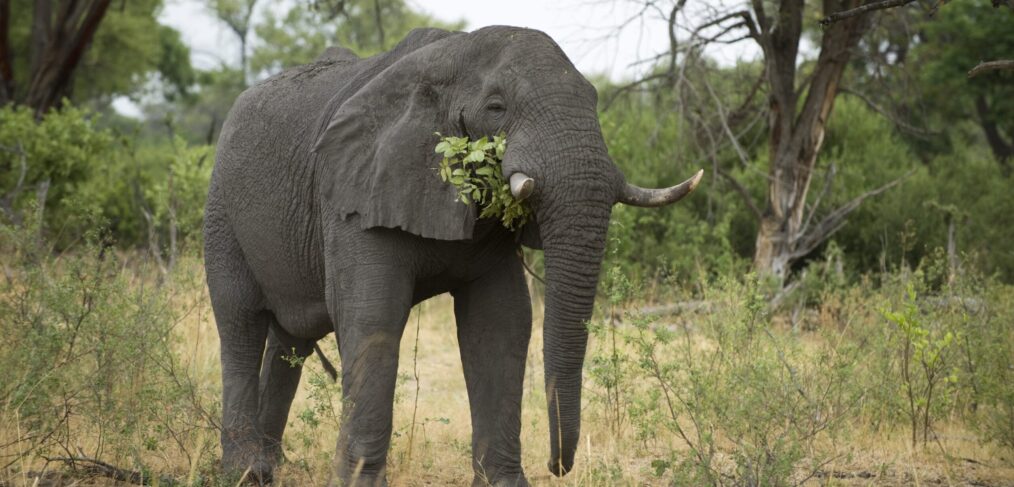
Why local communities support Zimbabwe’s plan to cull 200 elephants
The Zimbabwean government recently announced its intention to cull 200 of its 95,000 elephants to feed its people. Communities living with elephants in the country consider this to be step in the right direction.
As a member of one of the communities living alongside elephants, I warmly welcomed this strategy. During a drought, conflict with elephants increases – they damage crops and leave people without anything to feed their families. This cull will also provide an important source of meat for people who are struggling to survive.
For these reasons, communities suggested this plan of action during recent consultations on the amendment of the national Parks and Wildlife Bill. This decision shows that the government is listening to the concerns of its people, which is an important aspect of democracy and good governance. Many rural Zimbabwean communities already benefit from legal, well-regulated sustainable use of wildlife through hunting; the cull is simply an extension of those benefits at a time when people need it most.
The benefits of this decision go even further. The elephant overpopulation causes widespread environmental damage, as trees are pushed over and uprooted. These impacts are similar to human-caused deforestation, which reduces the amount of carbon captured by these wilderness areas. Communities that make an income from carbon credits therefore lose out due to elephant-caused deforestation.
We also know that the decision to cull elephants is backed by scientific research and long-term ecological monitoring in key wildlife areas. Gonarezhou National Park and Hwange National Park are especially hard hit by drought and cannot maintain their current elephant populations. In December, Zimbabwe park officials announced that at least 100 elephants already died due to the drought in Hwange. Reducing the number of elephants in these parks will reduce some of the environmental damage, while also limiting the number of deaths due to starvation.
Zimbabwe and our neighbouring countries in Southern Africa have faced criticism about culling and other elephant management decisions and policies from animal rights activists. These activists want to deny our people their rights to sustainably use their wildlife resources. Due to the international pressure these activists exert, countries that are part of Convention on International Trade in Endangered Species (CITES) have prevented Southern Africa from trading in ivory. If we could sell our ivory, more money would be available to support our people during droughts like this one and thus increase our resilience against future climate shocks.
Our communities therefore fully support the government’s decision to cull elephants, and we join them in the fight against animal rights activists over the right to use our elephants and their products legally and sustainably. We will not let people from outside dictate how we use our resources and how we balance the needs of our people and the long-term health of our environment.
By Liberty Chauke


